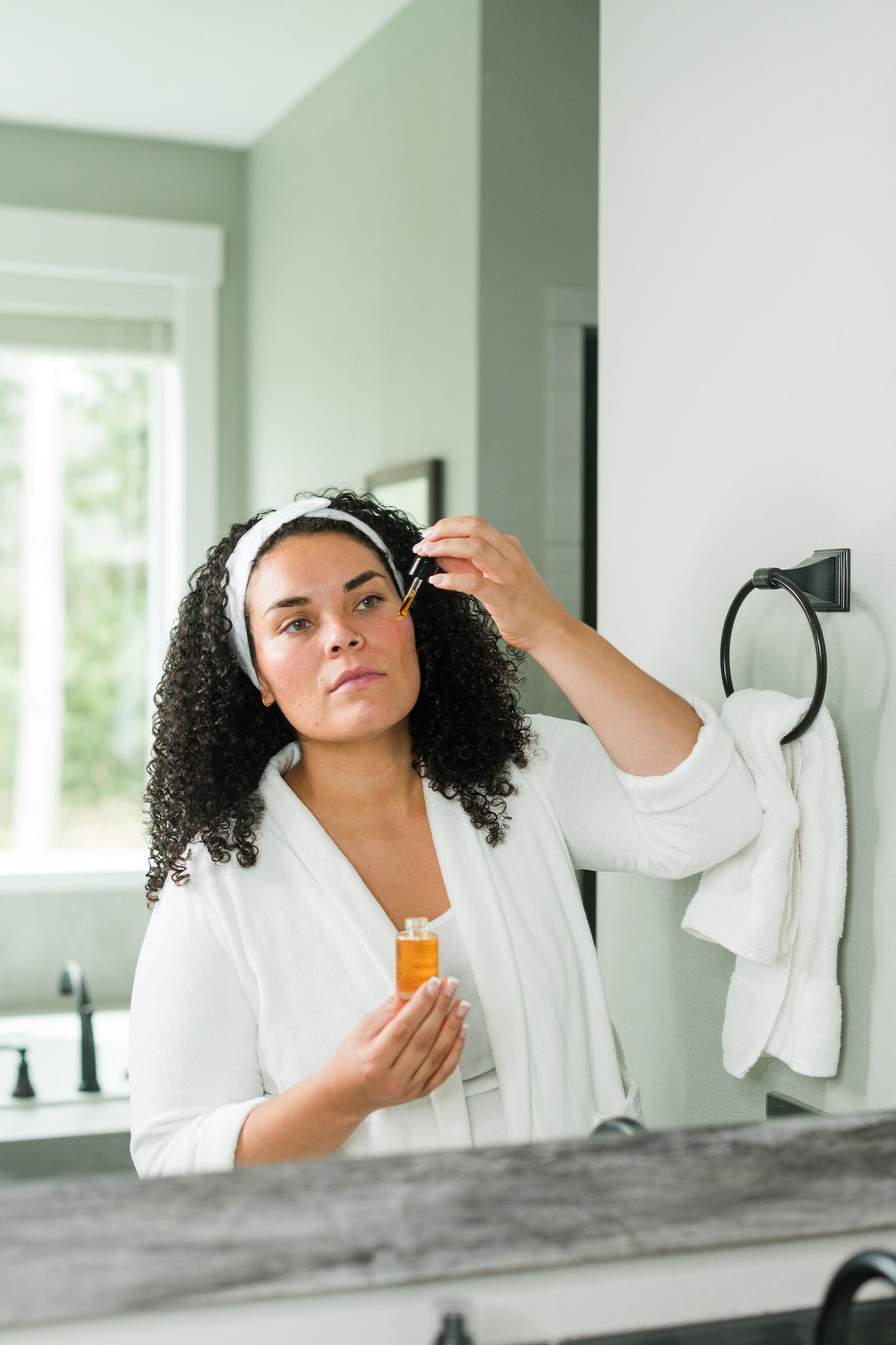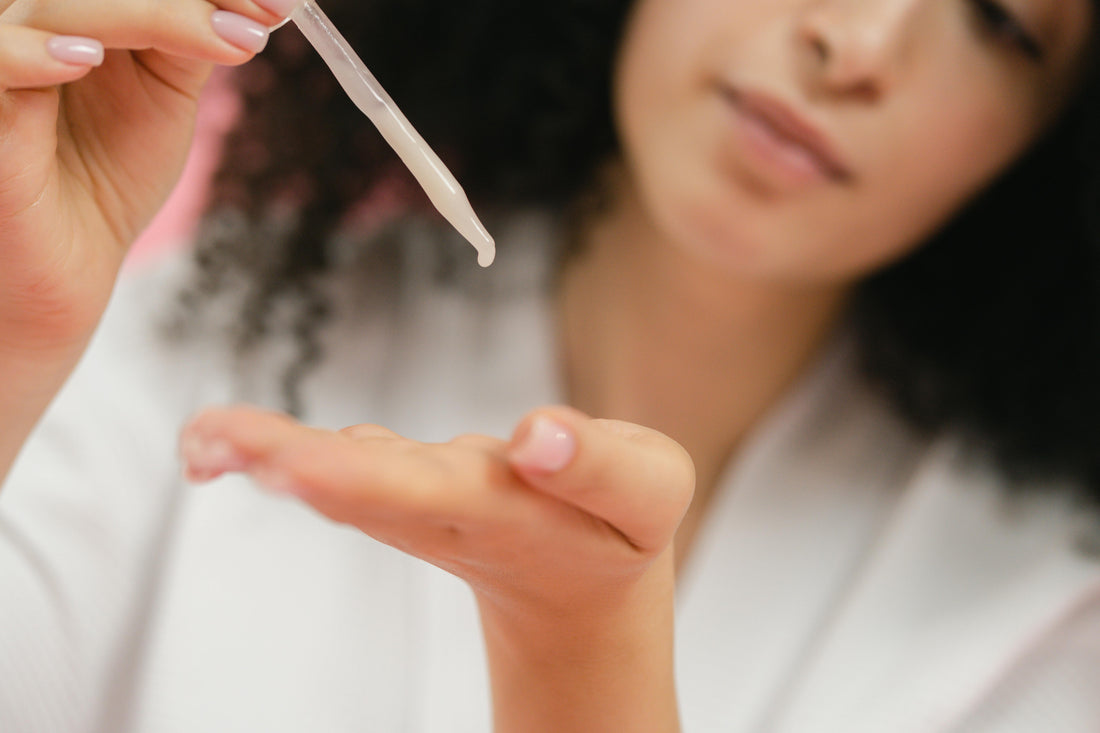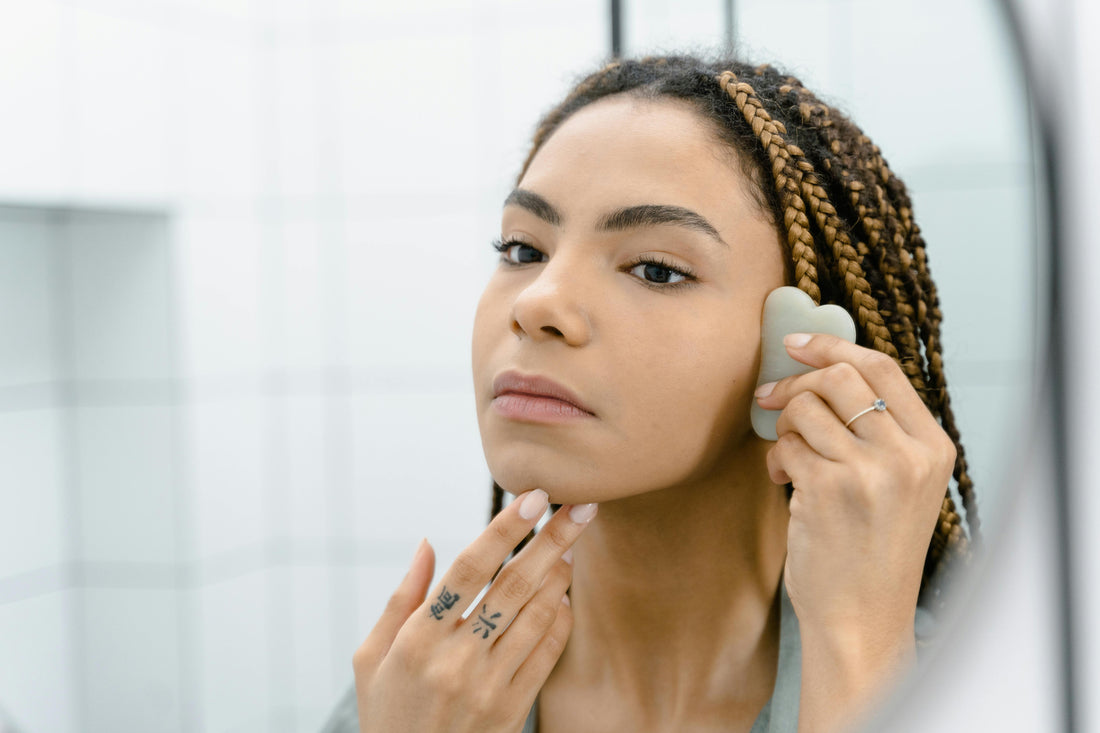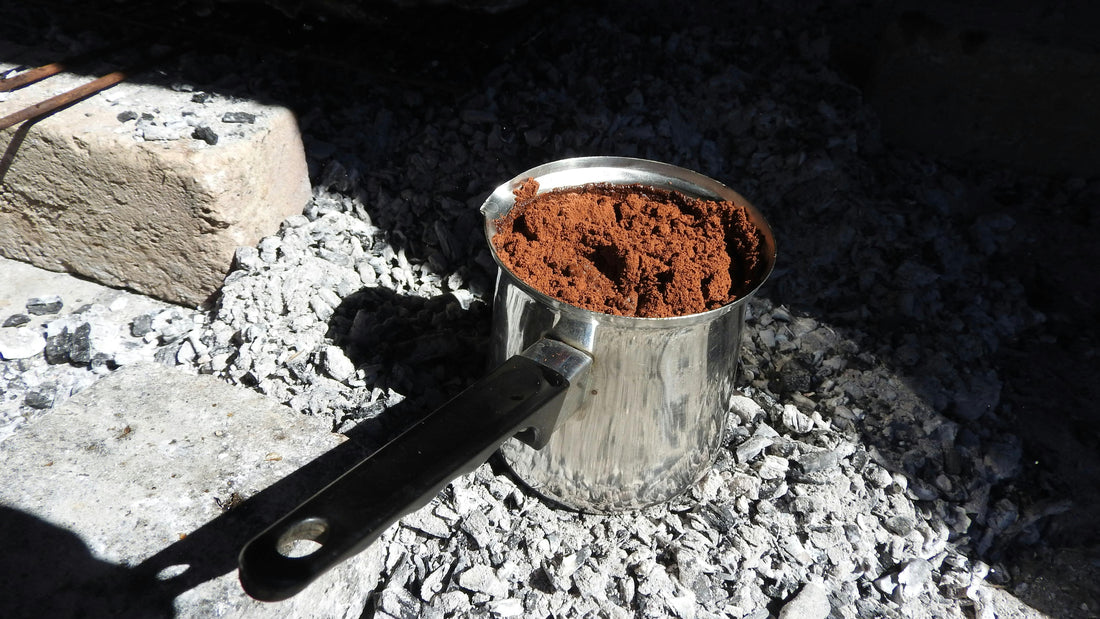Nobody likes the unsightly mass that forms on your skin after a horrible injury, but scars are a normal part of your body's healing process. Unless you have a very minor wound, expect to have a scar. You could get scars from accidents, infections, acne, or even surgeries.
But how can you fix or improve the appearance of scars over time? Let's find out in this post.
The Science Behind Scars
Your skin has three layers: the epidermis, dermis, and hypodermis. If you get a cut on the epidermis (the top layer of your skin), you may not need to worry about any scarring. However, you may have scars when you have deep injuries that reach the dermis. When the dermis is damaged by injury, your body forms collagen fibers (naturally occurring protein) to heal the damage. This process leads to scarring as the new tissue will have a different texture and skin tone. When you get a scar, you know your wound has completely healed. While this is a natural process, you don't want mismatched skin, and this is why many people try to find remedies to help even out the skin.
How do you fade scars fast?
When you're trying to take care of a scar, you need to consider the type of scar and the way it looks. Some treatments only work for raised scars, while some only work for pitted scars. A great treatment for your scar can also depend on your skin color too. You should also know that scars often become less noticeable over time. Let's explore some special treatments and over-the-counter options to help fade scars fast:
Top treatments
Silicon gels or sheets
Silicon gels or sheets are soft treatments that you apply to your skin, and research shows they are effective in treating scars. They're like self-adhesive dressings that you put over your scar to soften it and flatten it out. Some of them can be worn daily and washed, but you have to make sure that you check the package for instructions. You don't need a prescription for these sorts of treatments, and you can get them over the counter.
Steroids
Corticosteroids can help flatten out thick or keloid scars. The procedure involves injecting the steroids into the scar to help reduce the itching and burning sensations. You will need a doctor to help you administer this treatment on multiple occasions for several months.
Dermal fillers
Dermal fillers are also gel-like and injected into the skin. They contain hyaluronic acid, which is great for hydrating the skin. Dermal fillers are especially great for pitted scars as they help to plump out the skin. They can also be especially useful for acne scars. You need a board-certified dermatologist to inject dermal fillers into your skin.
Chemical peels
Chemical peels are effective when treating mild scarring. The chemical removes the outer layer of the skin to increase cell turnover and reveal a smoother skin tone. You should discuss this with a board-certified dermatologist before opting for one, as there are many chemicals,, and some may be better suited for your skin than others.
Natural remedies for scar removal
There are many natural ways you can apply to help improve the appearance of your scars such as:
Studies show that aloe vera can significantly improve wound healing and help fade scars over time. To use it, remove the dark green skin and harvest the gel inside. Apply the gel in a circular motion to the affected area.
A 2020 review examined human, animal, and even test-tube studies and deduced that topically applied lavender oil can have some therapeutic effects on wound healing. It is important to test it out first on a patch of your skin, as you may be allergic to it.
Studies have shown that rosehip oil can significantly improve scar appearance and heal wounds. Frankincense can also aid the healing of dermal fibroblasts. You can apply these oils to wounds or scars as treatment.
Can vitamin C remove scars?
Yes, Vitamin C can significantly improve the appearance of your scars, especially acne scars. It has anti-inflammatory properties that can help reduce pain and soothe acne wounds. Vitamin C also helps to regulate collagen production and lighten pigmentation on the skin. This means that it increases your skin's ability to produce new cells, which also causes the dead skin to shed off, revealing a lighter and smoother complexion.
How can I prevent a scar from forming?
While scars can appear after an injury, there are measures you can take to prevent scars from forming. Practicing some good first-aid habits can minimize your chances of getting a scar. Here are some tips you can apply:
Wear safety equipment
One of the best ways to avoid scarring is to avoid injuries. If you work in red zones or construction sites, it's really important to wear safety equipment. This can protect you from scrapes, bruises, and more severe injuries.
Treat injuries immediately
When you get a cut, you should treat it immediately. Leaving your wounds can create an opportunity for infections that increase your chances of getting scars. It is always a good idea to have a first aid kit handy to take care of injuries immediately after they happen.
Use petroleum jelly
Applying petroleum jelly can help keep your wound moist, reducing the risk of scabs that eventually leave a mark. A moist wound encourages new cells to be generated around the area to replace the old ones. Ensure that the wound is covered as well to prevent infections, as this can increase your chances of pitted scars.
Use silicone gel or sheets.
Covering your wound with silicone gel or sheets can significantly improve your scar's appearance as they help keep it moist and have antibacterials to keep infections away.
See a doctor for deep injuries.
If you have a deep wound, you should see a doctor to examine it and help dress it properly. Treating a deep wound as a surface wound can make your situation worse and increase your chances of scarring. Make sure to listen to your doctor's instructions concerning stitches and how to manage the injury.
Wrapping Up
Scars form a part of your body's natural healing process and should not be despised. There is also the hope that even if you do get a scar, it will fade over time. You can play a significant role in giving your wound a chance of healing without a scar by treating it immediately.
If you adopt any of the options listed in this article and proactive skincare routine, it is possible to have clear skin even if you sustain injuries. Make an effort to avoid getting injuries altogether.



